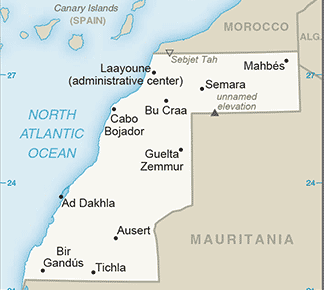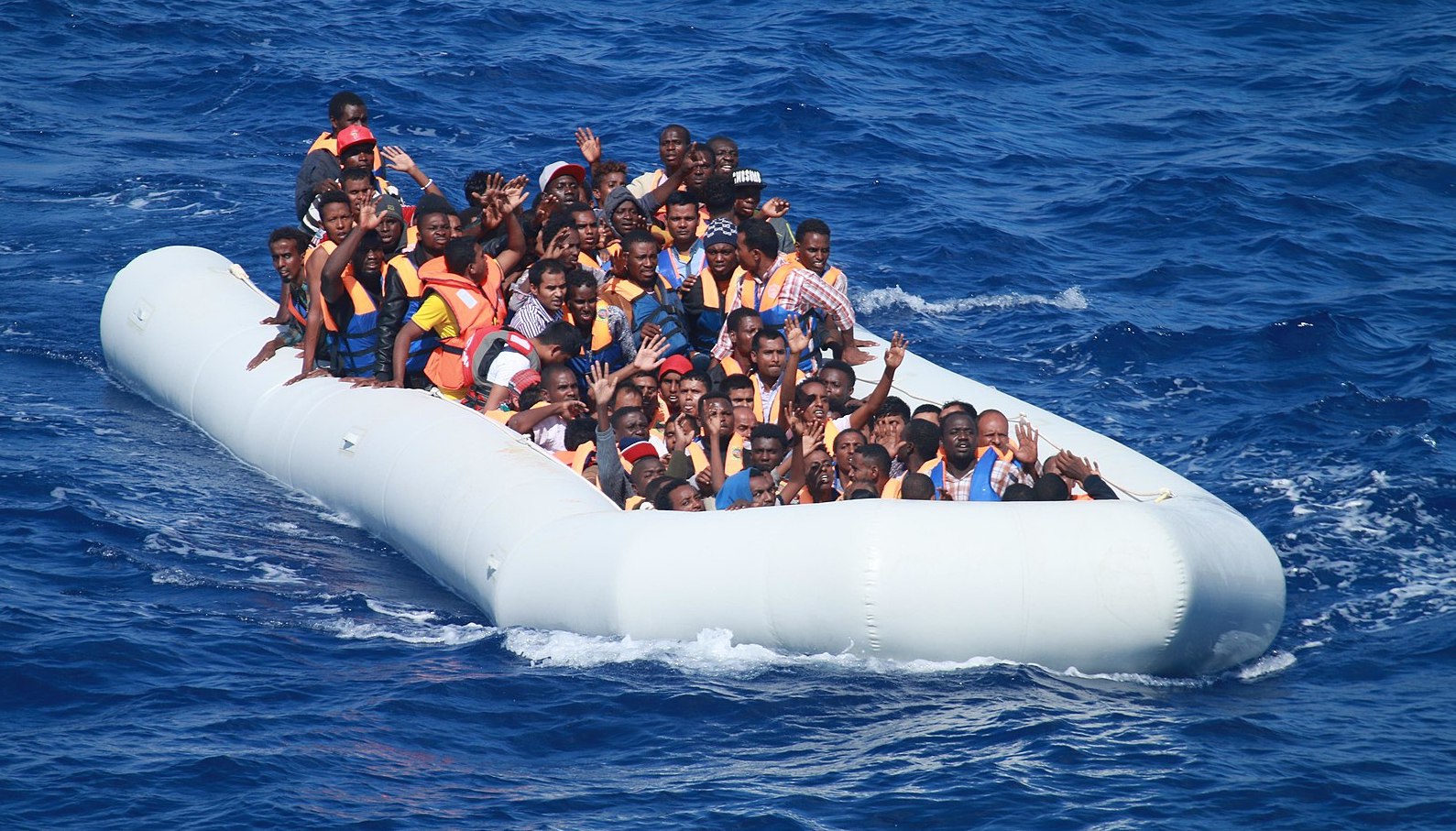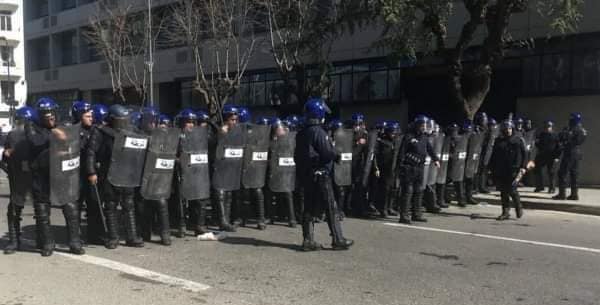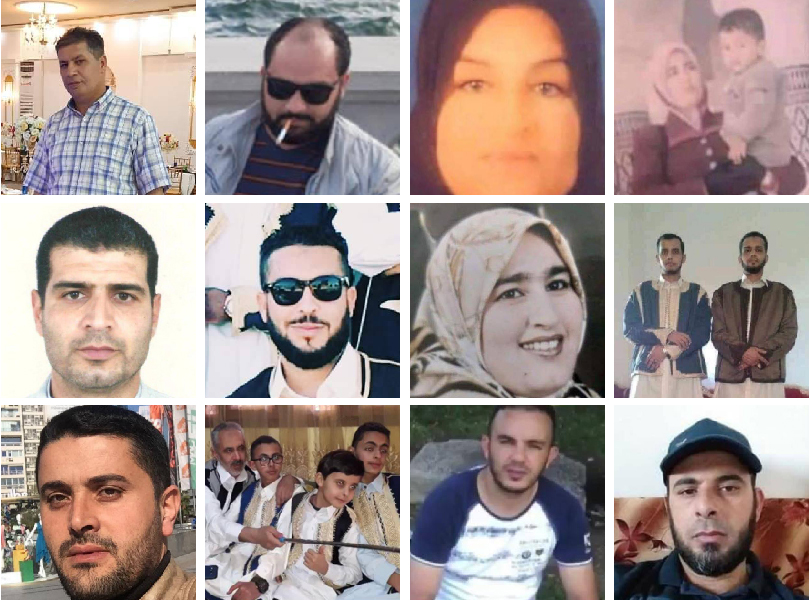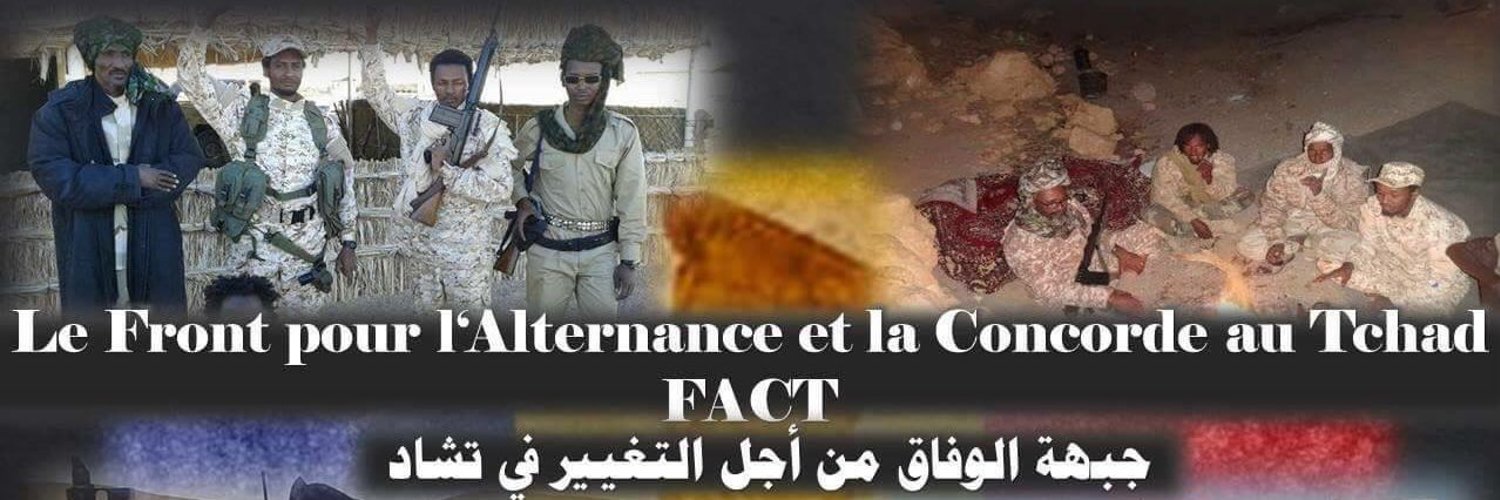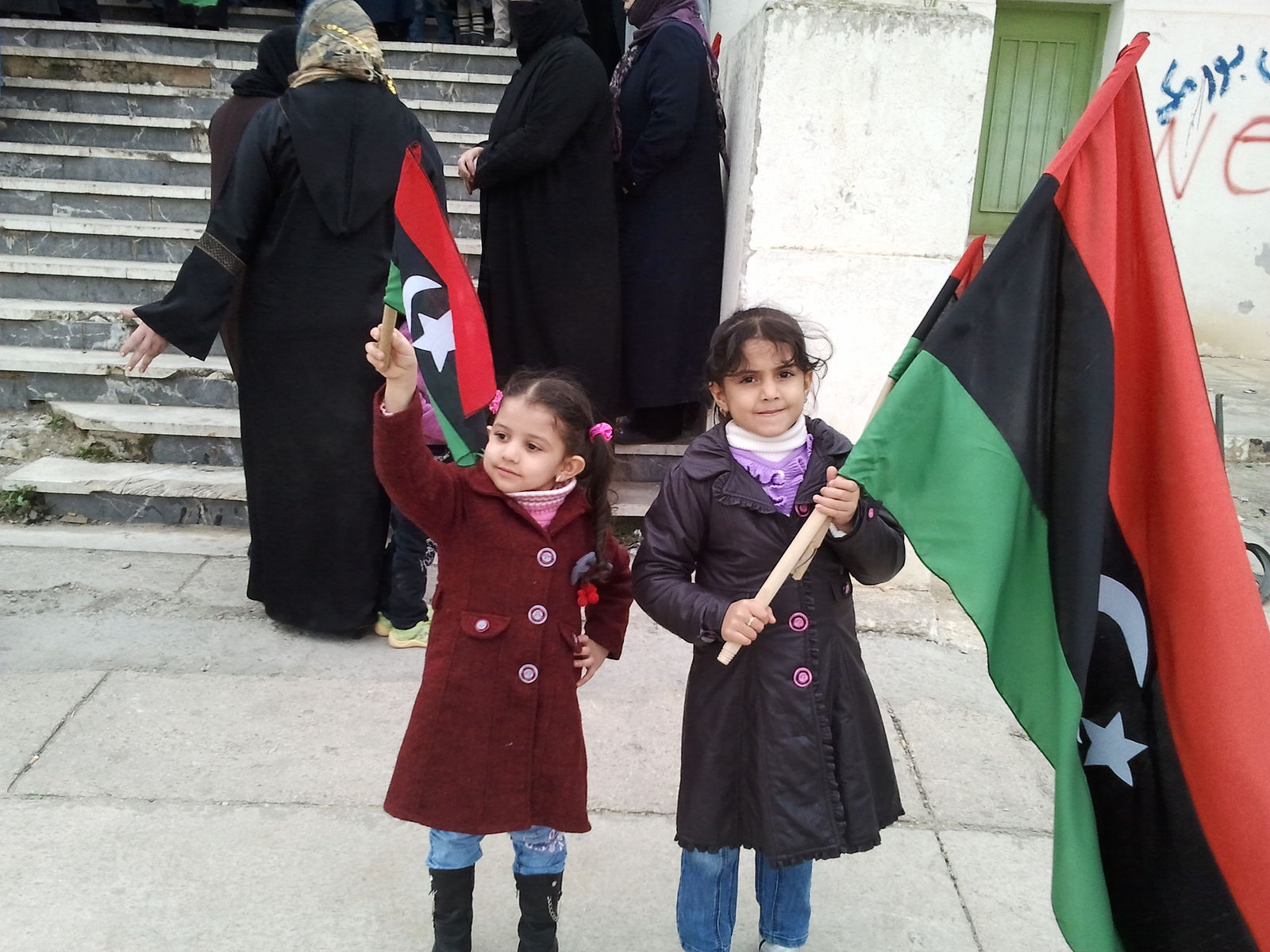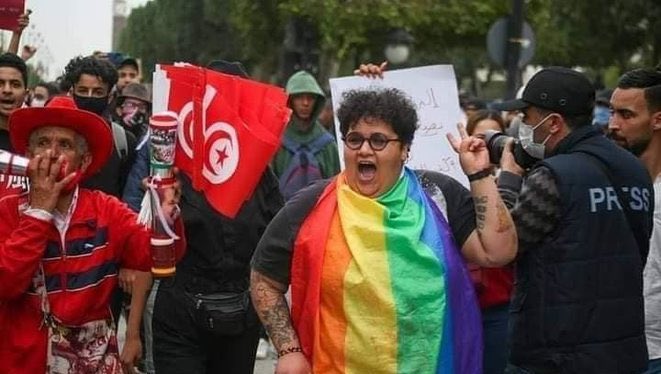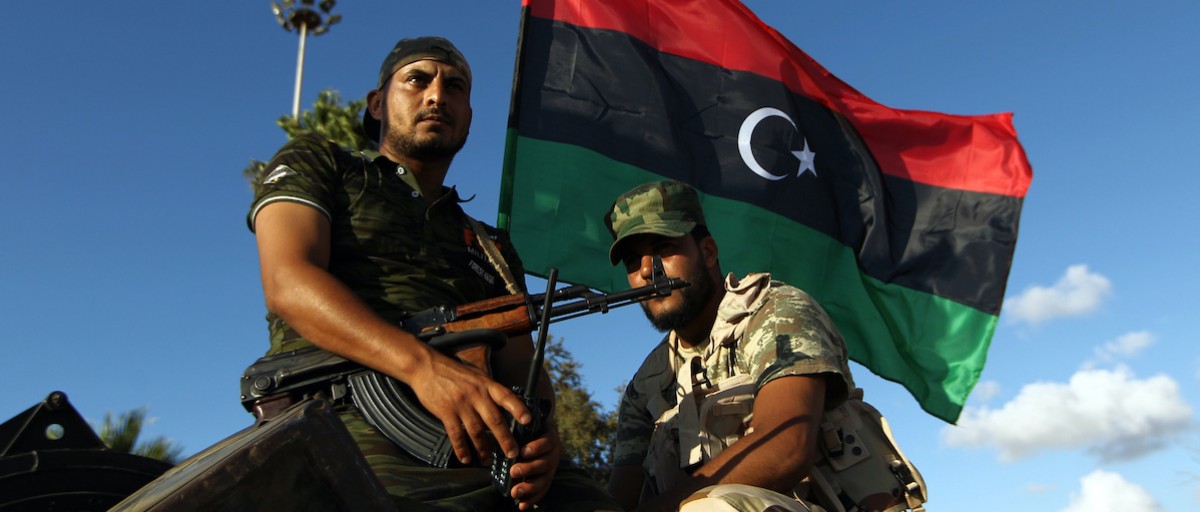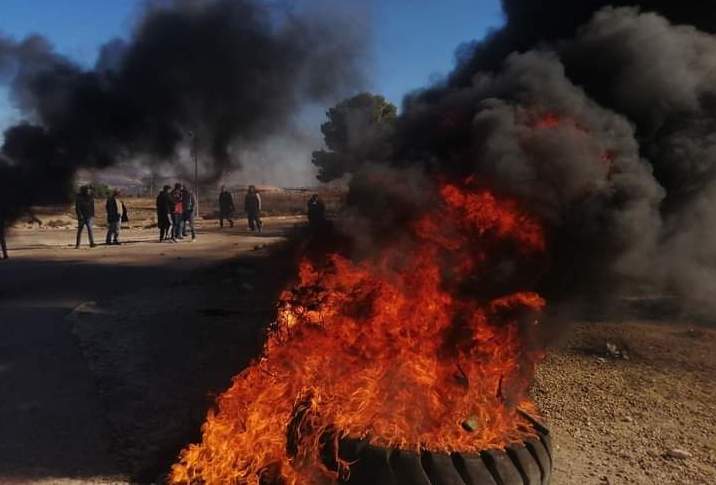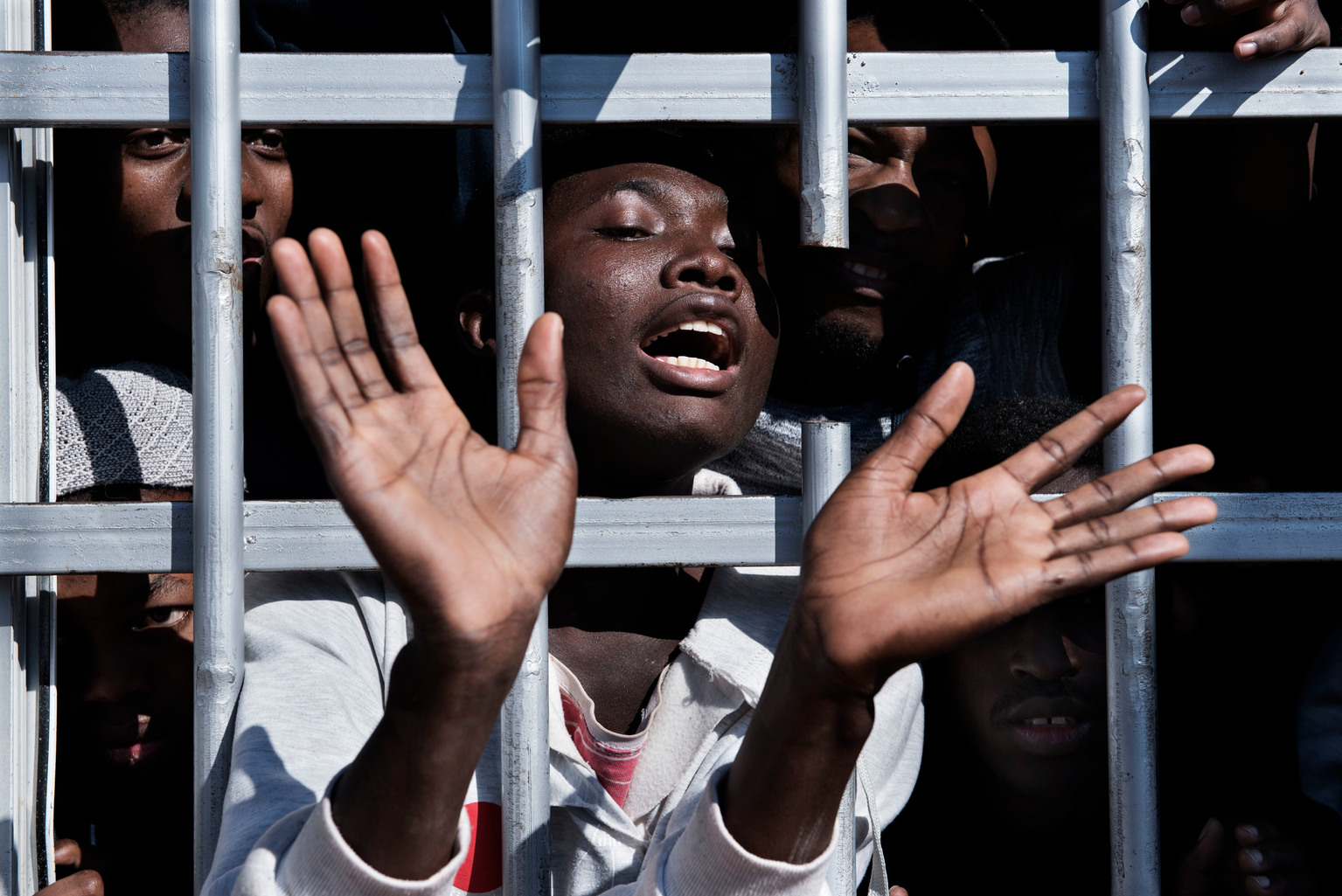
Libya: ‘horrific violations’ in migrant detention
Fresh evidence of harrowing violations, including sexual violence, against men, women and children intercepted while crossing the Mediterranean Sea and forcibly returned to detention centers in Libya, highlights the grave consequences of Europe’s ongoing cooperation with Libyan authorities on migration and border control, said Amnesty International in a report. Since late 2020, Libya’s Directorate for Combatting Illegal Migration, a department of the interior ministry, has “legitimized abuse” by integrating two new detention centers under its structure where hundreds of refugees and migrants had been “forcibly disappeared” in previous years by militias. Amnesty is calling on European states to suspend cooperation on migration and border control with Libya. (Photo: Alessio Romenz/UNICEF)



